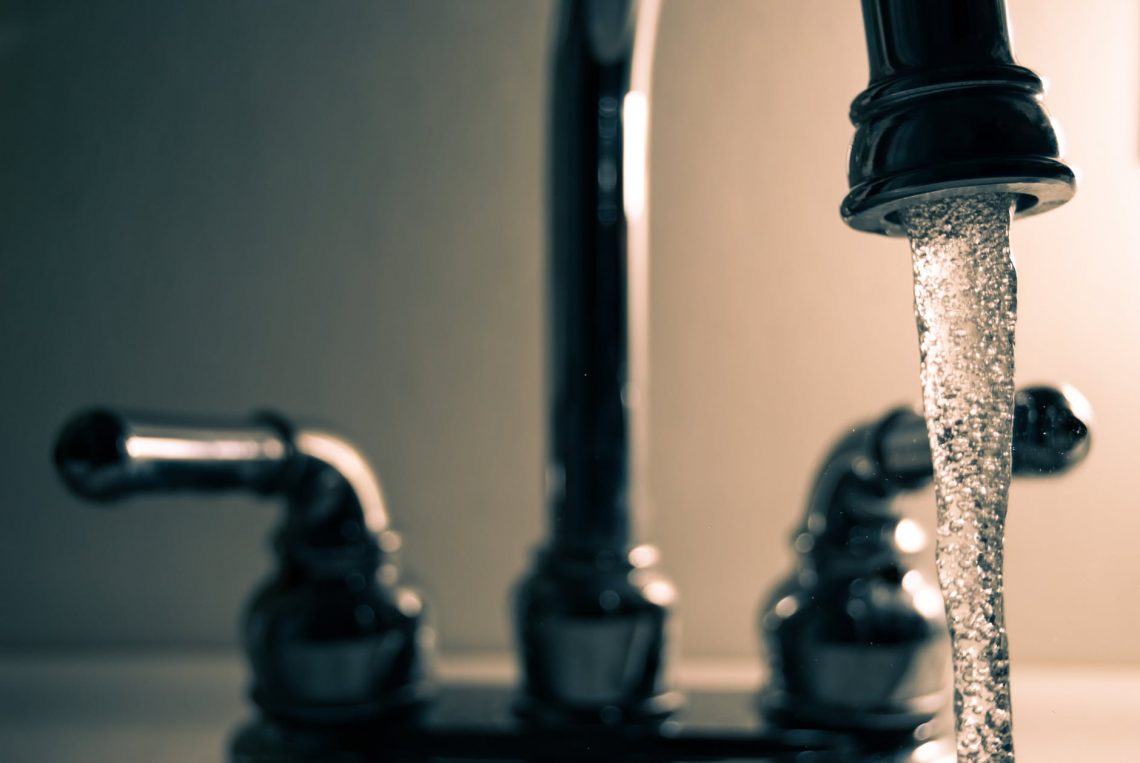
Small luxuries we don’t appreciate
It is said that travel educates. But to learn something, you need to travel a little differently. Most people going on vacation rent a comfortable hotel, or even an apartment or a house in partnership with friends. Usually, you go for a week or two. There’s nothing wrong with that, of course. It’s only natural because that’s usually how much vacation most of us have.
During this week or two you will, of course, try to see as much as possible or lie down on the beach and do nothing. In the meantime, somewhere in the local restaurant you will snack on some meal, often tailored for tourists and having little to do with local food. Regardless of which type of vacation you chose, if it was one of the above you probably did not even have a chance to see what real local life looks like, because everything you saw was prepared for tourists.
Slow travel
We travel differently. We usually stay in one place for at least a month. Sometimes even longer if possible. Often we go back to the country we were in before but to a different place. And once again we spend a month or more there. Usually, we live in places that are not very or not at all touristic. We are not interested in typical tourist attractions and we don’t like hotels. We are fascinated by normal local life, culture and food. Observing people during their normal daily activities. We eat in restaurants where there are almost only local people and avoid those where there are many tourists. Often while walking we enter small side streets and many times we are surprised to find hidden stores, restaurants, markets and even temples.
Living among these people has taught us to appreciate even the smallest things. After a bit over 3 years, we already know that westerners (Europe and the USA mainly) are extremely privileged. They are surrounded by conveniences that they don’t appreciate and that others can only dream about. Until quite recently, we belonged to these people. But our travels have taught us that life is not so simple in other countries. This is not the end of our travels yet. We are already planning the next places and, of course, we are expecting the next life lessons.
If you never tasted a bad apple you would never appreciate a good apple.
You have to experience life to understand life.
Drinking water
In Europe and generally developed countries, we have drinkable water directly at the tap. This, seemingly a small thing, makes a big difference to lifestyles and expenses. In most South-East Asian countries, tap water is not drinkable. It must first be filtered or at least boiled. This means that simple tasks like brushing your teeth require extra effort… or risk poisoning yourself with something. At the beginning of our trips, we bought drinkable water (not to be confused with mineral water) in big 5 or 10 litre bottles. Sometimes the Airbnb owner even delivered the water himself. Such a bottle lasted for a day or two, and then we had to carry water from the store, which was very heavy. Then we decided that we needed a filter to make our lives easier. The filter, of course, had to be small enough to be able to carry it with us.
Our research led us to purchase very small water filters Sawyer Mini. They are handy, last a very long time, and filter out 99,9999% of bacteria that may be in the water. Unfortunately, the downside is that they don’t filter heavy metals, but we decided that bacteria are much more dangerous than metals. Especially since we usually don’t drink this water long enough for the number of harmful metals in it to significantly harm us. Our filters could be screwed into a regular soda bottle. That’s quite a convenience, but in our home environment, when we needed more water than just for drinking, we had to come up with a sensible system.
Our solution
We fiddled around with the system a bit and went through several different versions of it. In the end, we stayed with the idea of cutting off the bottom of a one and a half-litre bottle and hooking a string there to hang it and filter the water into the container below. We usually found a water jug at home, but if we didn’t have one, pots were fine too. We tried to have two other empty bottles ready, into which we poured the filtered water and put it in the fridge for later. Of course, we had to keep an eye on it to make sure we always had a supply of water, but pretty fast it became our routine.
Coming back to Europe and being able to drink water straight from the tap reminded us what a luxury it is. We didn’t appreciate it before. I am convinced that most Europeans do not even realize how privileged they are. A small thing, but one of the most important aspects of our lives!
Language barriers
It is widely accepted that you can get along all over the world in one of 4 languages: English, Spanish, Portuguese and French. In Asia, often at the very sight of a “white face” immediately we were spoken to in English. However, we soon found out that this English is very limited and with a hard local accent that is difficult to understand. Often completely incomprehensible to me.
For example, once a woman asked me something that sounded like: You want phisa? I had no idea what she meant. I asked her to repeat the question. At first, I thought she was asking if I wanted a visa, but it seemed ridiculous. Why would a woman in a restaurant offer a visa? “Yes, why not” – Answered my spirit of curiosity and adventurer. Turns out it was about pizza!!! This would never have occurred to me from the way she pronounced the word “pizza”.
Of course, we often met people who did not speak English at all. Which did not stop them from trying to explain something to us in their own language. Sometimes it was even quite funny. It happened a few times that someone wanted to talk to us so much that he didn’t care at all about the fact that we didn’t understand a word and continued as if nothing had happened. It’s always better than talking to yourself, isn’t it?
Can google translate help?
The language barrier bothered us the most in situations when we tried to arrange something important: a doctor, travel, visa, accommodation. It would seem that people working in such places should know at least some foreign language. Unfortunately, this was not always the case, and google translator usually turned out to be useless. Other language problem was in shops. Labels in English are very rare so we often didn’t even know or weren’t sure what we’re buying. That didn’t stop us from buying it anyway. Returning to our homeland meant that our brains could finally get some rest.
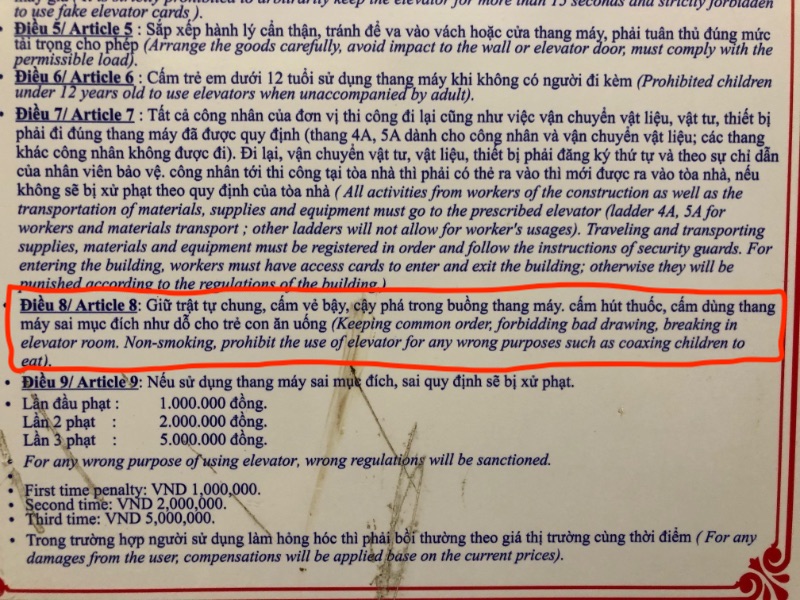
On the flip side we had been speaking English for so long that suddenly we found ourselves lacking Polish words! Often even simple phrases fall out of our heads and suddenly it turned out that our vocabulary in the native language is very limited. It is sad, but I know from experience that this applies to all expats who have not been in their own country for a long time and have had little contact with their own language.
Kitchen
With very few exceptions, most of the apartments we rented in Asia had a small electric stove in the kitchen. Often two-burner, but sometimes there was only one burner. There was never, however, an oven. Except for one apartment in Vietnam, but that was the exception proving the rule. There was always an electric stove and almost always a rice cooker. We were used to making a lot of our food in the oven, so that’s what we missed most in Asia. We soon learned to make more one-pot meals. Simply there was no other option.
We also learned to eat almost everything with rice. We had never eaten as much rice as we did in Asia before. The potatoes we were used to were not always in the stores. Even if we did manage to find them, unfortunately, they were not the tastiest. Maybe we were just unlucky, but rice turned out to be a good substitute… we just had to change our habits. After over three years in Asia, an oven, on the other hand, seems like an exceptional luxury to me. Now baking, making our own bread, pizza or cake suddenly became an option we could only dream of.
Bugs
And while we’re on the subject of cooking, I can’t pass this topic without mentioning the typical insects we found in almost every apartment in Asia. I mean ants, which we had to fight forever because they would get into our food if it wasn’t tightly closed. And cockroaches. In most places, cockroaches in the apartment were sporadic. Unfortunately, there were a few where they were abundant, but we usually moved out of there quickly. We did not, however, find an apartment where they were not there at all. One occasional cockroach usually didn’t scare us too much… except maybe the first time.
They are everywhere in Asia, and they are usually mutant cockroaches. We have never and nowhere else seen such huge cockroaches! The most annoying thing, however, were the ants. If we accidentally left something on the table or forgot to close it tightly, we had a little anthill a few minutes later. We hid everything, literally everything, in the refrigerator. It was the only place they didn’t go to. Over time I learned a way that helped for a while, but we tried to not leave any food on kitchen tables anyway.
Supermarket weighing islands
In Europe, it is quite normal to put your fruit or vegetables in a bag and put it in the basket. They are usually weighed at the checkout. In Asia, however, somewhere near the fresh produce shelves there is an island with a scale and a person operating it. Before you go to the checkout you have to go there to weigh your vegetables. The attendant there sticks a sticker with the amount to be paid and usually a barcode.
Several times we forgot to do this and thus stopped the queue at the checkout, as we had to go back to weigh the produce or wait for someone from the staff to take it to be weighed. Asians rather did not make a problem of it, but we felt a little uncomfortable when we saw behind us a long queue waiting because of our ignorance. Here we should also add that we did not see self-service checkouts anywhere, and usually there are only a few cashiers (2-3). So queues can sometimes be very long and keeping people waiting was uncomfortable for us.
Sidewalks, or rather the lack of them
In most Asian countries, people do not walk. They get around everywhere on scooters. This means that sidewalks are often simply non-existent, or completely cluttered with motorcycles parked on them. Often these sidewalks are in poor condition and you can inadvertently twist your leg falling into a hole. Worse, if you hit your foot on a sewer ditch where a tile is missing. In this case, you can not only break your leg but also fall into such a ditch. We saw such things most often in Malaysia. At night there, it is better not to walk on the sidewalk without proper lighting. Surprisingly, the best and safest way to walk was walking on the street.
The law of the stronger on the roads
And while we are on the streets, we can not ignore the fact that the rules of proper driving on the roads in Asia seem to have a different meaning. At first glance, there reigns the law of the stronger or, as in Vietnam, the louder. Cars and motorcycles drive where and how they want. Often against the flow of traffic and even on the sidewalk. The pedestrian at this point has no rights. You have to keep your eyes all over the place. We were told that if a pedestrian gets hit by a car (or rather a motorcycle) it is the pedestrian who is at fault for the accident! I don’t know how much truth is in that, but we preferred not to test it.
A year in Vietnam taught us that crossing the street is not so difficult after all. There is one rule there – you walk at an even pace, don’t stop or make sudden movements. No matter how many scooters are coming towards you, if you walk at an even pace everyone will easily avoid you. In other words: you say three Hail Marys, close your eyes and go. It has always worked. Crossing the street in Europe when all the cars stop as soon as you approach the crosswalk seems almost surreal to us now.



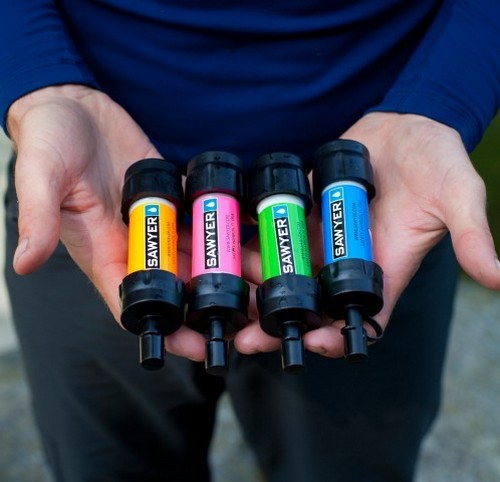
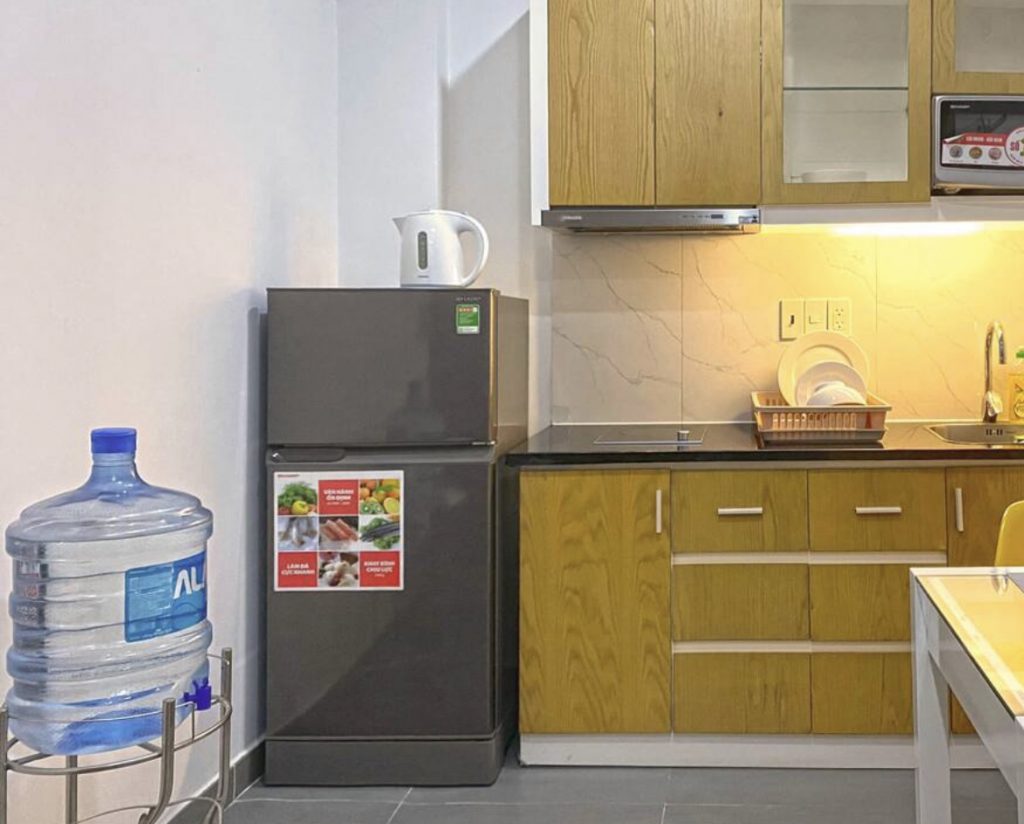
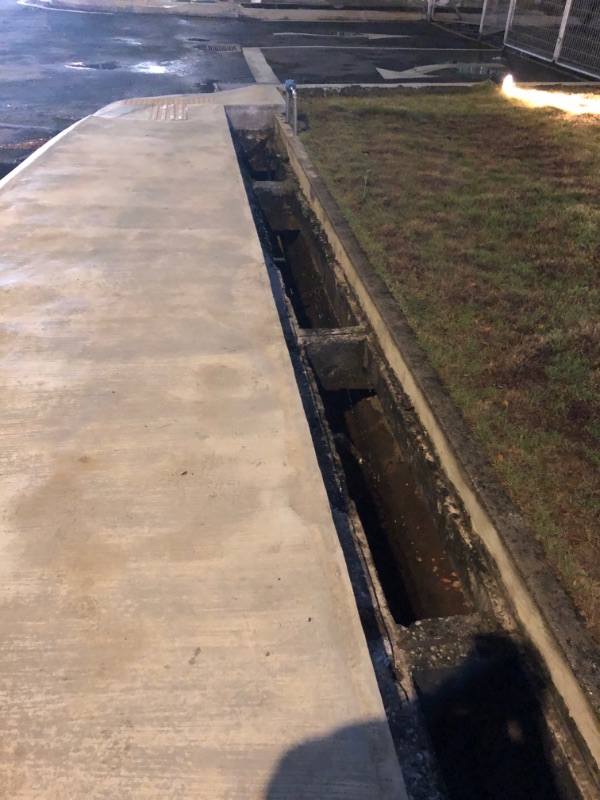
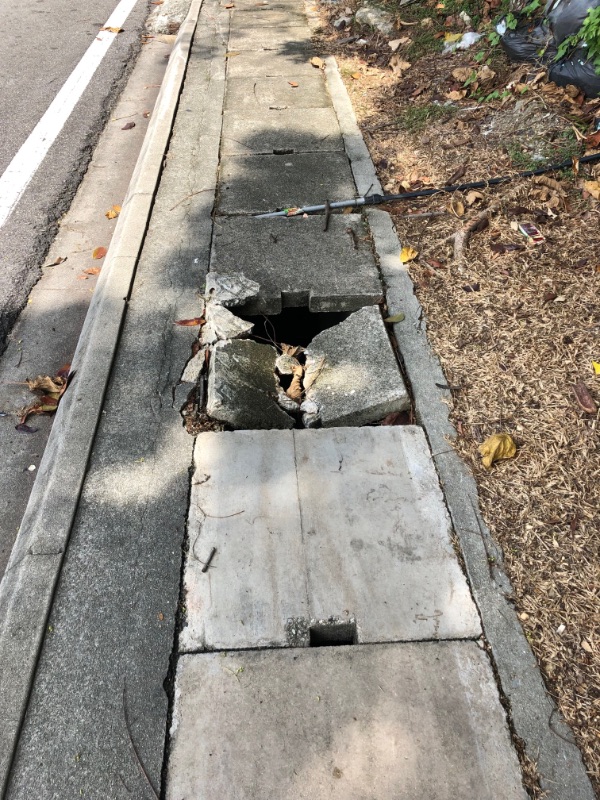
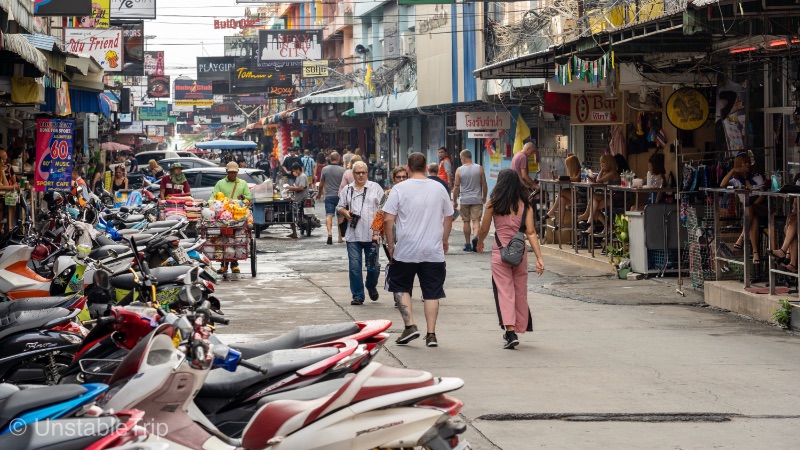
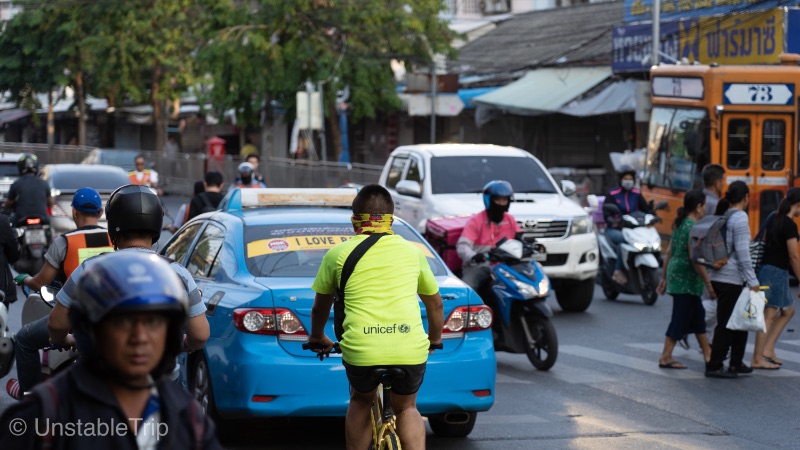
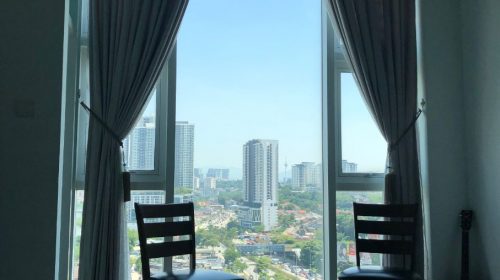
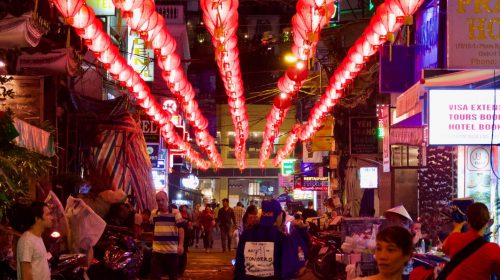
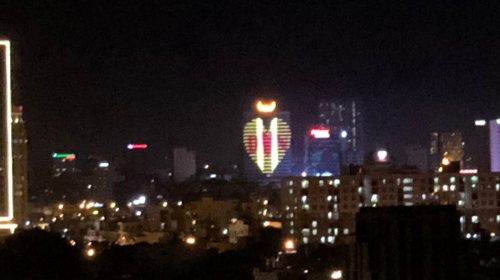
😂 yes very much so
https://youtu.be/wjvHcXjAPxI?t=18
reminds me of this scene